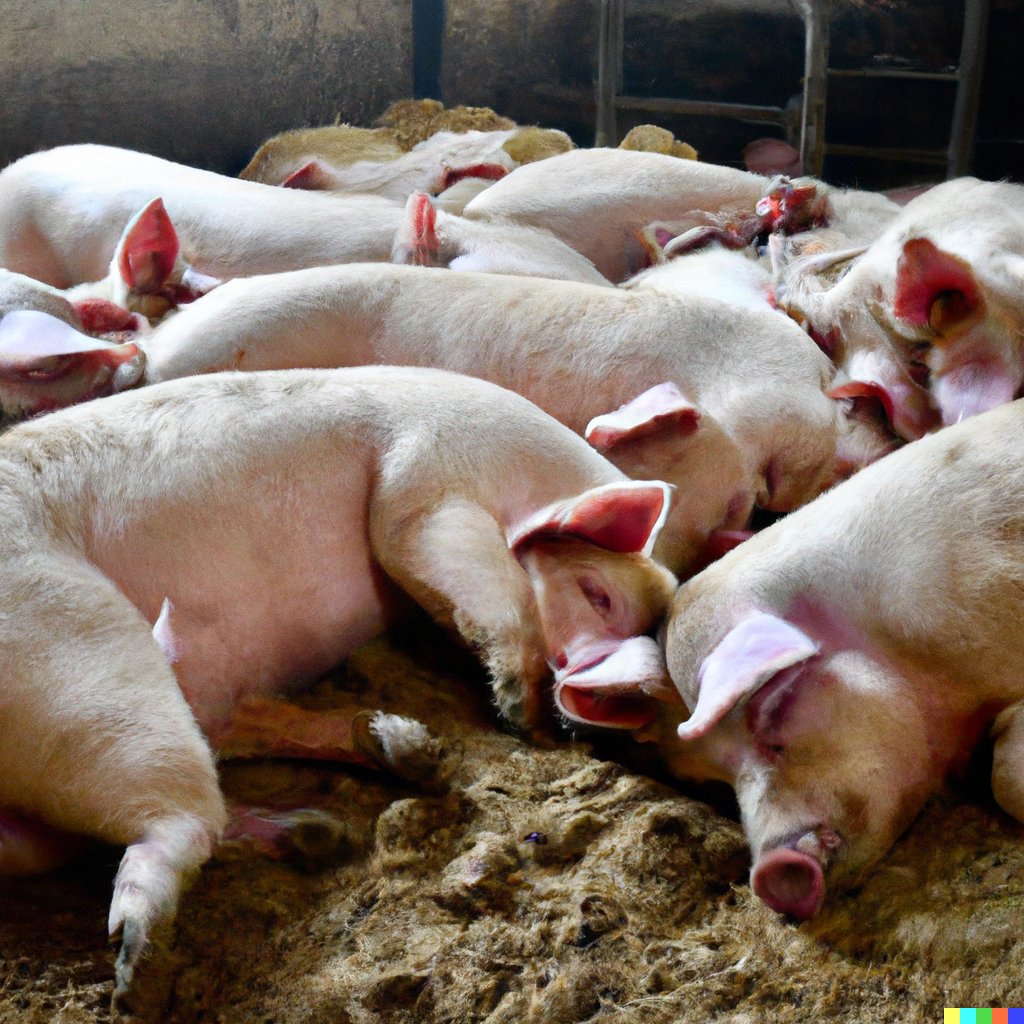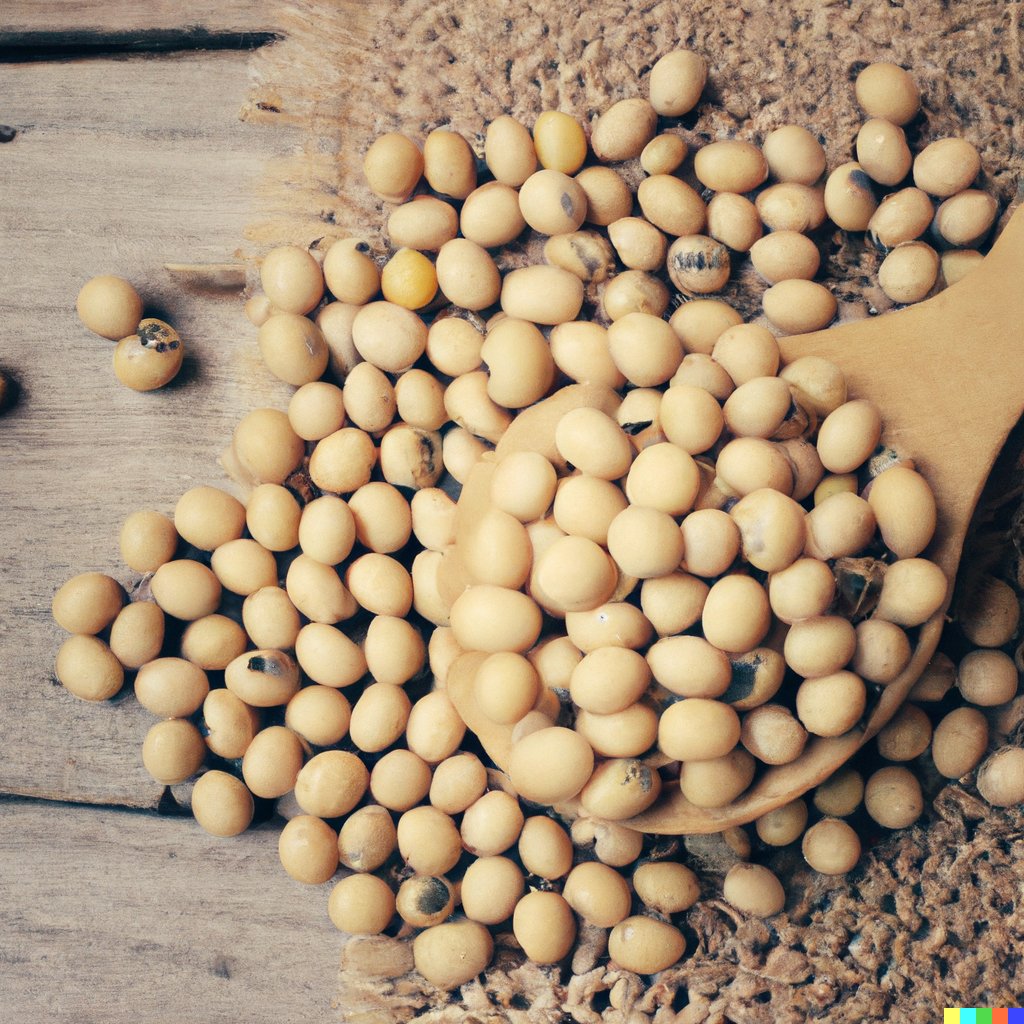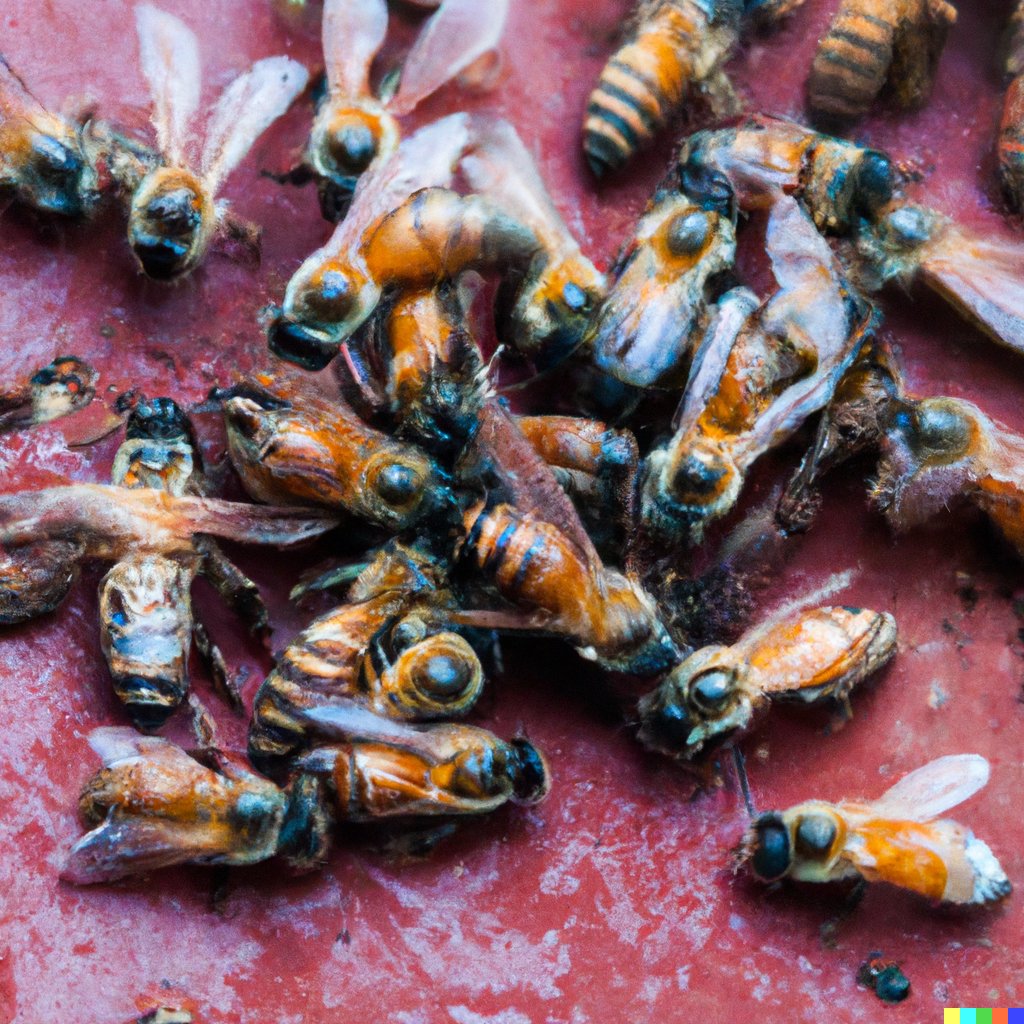
Pesticides, while widely used to protect crops and control pests, have a profound and often hidden impact on the environment and ecosystems. These chemical compounds can have adverse effects on not only pests but also non-target organisms, including beneficial insects, wildlife, and even humans. Let's delve into the environmental impact of pesticides and the importance of adopting sustainable alternatives:
1. Threat to Biodiversity:
Pesticides can harm beneficial insects like bees and butterflies, disrupting pollination and affecting plant reproduction. This poses a threat to biodiversity and the overall health of ecosystems.
2. Water Contamination:
Runoff from agricultural fields treated with pesticides can contaminate nearby water sources. Pesticides can enter rivers, lakes, and groundwater, affecting aquatic life and causing long-term ecological damage.
3. Toxicity to Wildlife:
Wildlife, such as birds and mammals, can be exposed to pesticides through contaminated food sources or direct contact. Pesticides can lead to decreased populations and disruptions in natural food chains.
4. Health Risks to Humans:
Exposure to pesticides can pose health risks to farmers, farmworkers, and consumers. Prolonged exposure may lead to respiratory problems, skin irritations, and even more severe health issues.
5. Pesticide Resistance:
Overuse of pesticides can lead to the development of pesticide-resistant pests, requiring the use of even stronger chemicals and creating a vicious cycle.
6. Impact on Soil Health:
Pesticides can have adverse effects on soil microorganisms, reducing soil fertility and disrupting essential ecosystem services.
7. Contaminating Food Chain:
Pesticides can accumulate in the food chain, with predators at the top of the chain receiving higher concentrations. This bioaccumulation poses risks to animals and humans.
8. Long-Term Environmental Persistence:
Some pesticides can persist in the environment for extended periods, leading to long-term exposure and cumulative effects on ecosystems.
9. Non-Target Effects:
Pesticides may inadvertently harm non-target organisms, such as amphibians, reptiles, and small mammals, disrupting ecological balance.
10. Sustainable Alternatives:
Adopting sustainable alternatives, such as integrated pest management (IPM), organic farming practices, and biological controls, can reduce reliance on harmful pesticides and promote eco-friendly agriculture.
Frequently Asked Questions (FAQs) - Pesticides: The Silent Killer
Q1: What are pesticides, and why are they used in agriculture?
A1: Pesticides are chemical compounds used in agriculture to control pests and protect crops from damage caused by insects, weeds, and diseases.
Q2: What is the environmental impact of pesticides?
A2: Pesticides can harm biodiversity, contaminate water sources, and have toxic effects on wildlife. They may also pose health risks to humans and disrupt ecological balance.
Q3: How do pesticides affect beneficial insects like bees?
A3: Pesticides can harm beneficial insects like bees, disrupting pollination and affecting plant reproduction, which poses a threat to biodiversity.
Q4: How do pesticides contaminate water sources?
A4: Runoff from pesticide-treated agricultural fields can enter rivers, lakes, and groundwater, leading to water contamination and impacting aquatic life.
Q5: Are there health risks associated with pesticide exposure?
A5: Prolonged pesticide exposure can pose health risks to farmers, farmworkers, and consumers, leading to respiratory problems, skin irritations, and more severe health issues.
Q6: Can the overuse of pesticides lead to resistance in pests?
A6: Yes, overuse of pesticides can lead to the development of pesticide-resistant pests, necessitating stronger chemicals and creating a cycle of resistance.
Q7: How do pesticides impact soil health?
A7: Pesticides can adversely affect soil microorganisms, reducing soil fertility and disrupting essential ecosystem services.
Q8: Do pesticides accumulate in the food chain?
A8: Yes, pesticides can accumulate in the food chain, with higher concentrations in predators at the top, posing risks to animals and humans through bioaccumulation.
Q9: Are there sustainable alternatives to pesticide use?
A9: Yes, adopting sustainable alternatives like integrated pest management (IPM), organic farming practices, and biological controls can reduce reliance on harmful pesticides.
Q10: What can be done to minimize the environmental impact of pesticides?
A10: Minimizing the environmental impact of pesticides involves adopting eco-friendly agricultural practices, reducing pesticide use, and promoting biodiversity conservation.
Conclusion
Pesticides, often regarded as the "silent killer," have far-reaching and often unseen consequences on the environment, biodiversity, and human health. Recognizing these impacts is crucial in adopting more sustainable agricultural practices and finding eco-friendly solutions to pest control. By embracing methods that minimize pesticide use and promote biodiversity conservation, we can safeguard ecosystems and ensure a healthier and more sustainable future for all.














